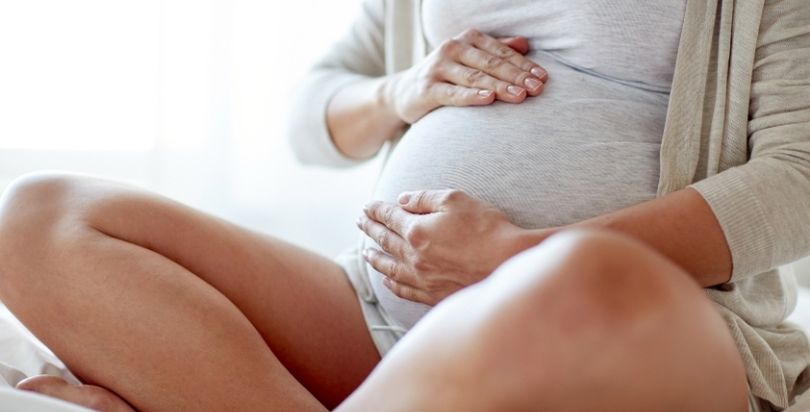The PrenatalSAFE Karyo NIPT blood test will assess the sample to identify the number of copies for chromosomal abnormalities which can affect the health of your baby or babies. If you receive a high risk result, you will be offered support from a professional Genetic Counsellor at no extra cost. Unlike other providers, our genetic counselling service is included in the price of the test.
Suitable for all expectant mothers and available from 10 weeks onwards, this test provides:
- Sex of the baby or babies*
- A range of common sex chromosome disorders (Turner Syndrome, Klinefelter Syndrome, Triple X, and Jacobs Syndrome,)
- Down Syndrome (Trisomy 21)
- Edwards Syndrome (Trisomy 18)
- Patau Syndrome (Trisomy 13)
- All chromosomes (chromosomes 1 – 22 plus sex chromosomes) are screened for aneuploidies alongside other structural abnormalities such as deletions and duplications (>7mb).
*We are unable to provide gender identification in dichorionic twins – Dichorionic means there are two placentas, also known as non-identical twins.
Analysed in a leading laboratory, the test is suitable for all pregnant women from 10 weeks of pregnancy onwards, with single or multiple foetuses and conceived naturally or using IVF/Donor Eggs. You do not have to be considered high risk, and can be of any age to take this test.
Based on an internal study from Eurofins Genoma, the test is highly accurate, with positive predictive values (the likelihood of the result being correct and not a false-positive) of:
- Trisomy 21 (Down Syndrome) – 99.32%
- Trisomy 18 (Edwards Syndrome) – 98.94%
- Trisomy 13 (Patau Syndrome) – 82.22%
- Monosomy X or Turner Syndrome (sex chromosome disorder) – 80%
- Klinefelter syndrome (sex chromosome disorder) – 94.44%
- Jacobs Syndrome (sex chromosome disorder) – 96.30%
Unlike an invasive test such as an Amniocentesis, this simple blood test does not pose any risks to a pregnant woman or her unborn child. It is the safest way to detect genetic health conditions before birth.
What are Sex Chromosome Disorders?
Our test includes a check for sex chromosome aneuploidies, common types of sex chromosome disorders. Sex chromosome aneuploidies refer to conditions in which an individual’s sex chromosomes are abnormal in number. Normally, a person has two sex chromosomes, either two X chromosomes (female) or one X and one Y chromosome (male). However, in sex chromosome aneuploidies, there is an extra or missing sex chromosome, leading to various physical and developmental abnormalities.
For example, some common sex chromosome aneuploidies include Turner syndrome (or Monosomy X), which results from a missing X chromosome in females, and Klinefelter syndrome, which results from an extra X chromosome in males. These conditions can affect physical features, such as height and fertility, as well as cognitive and behavioural development.
What are Aneuploidies?
Aneuploidies refer to conditions in which an individual has an abnormal number of chromosomes in their DNA.
Normally, a person has 46 chromosomes in each cell, with 23 inherited from each parent. However, in autosomal aneuploidies, there is an extra or missing chromosome, leading to various physical and developmental abnormalities.
Our prenatal blood test includes checks all chromosomes for autosomal aneuploidies, deletions or duplications.
What are Genetic Deletions and Duplications?
A genetic deletion occurs when a small piece of genetic material is missing from a person’s DNA. This can happen due to errors during cell division or exposure to certain chemicals or radiation. Depending on the size and location of the deletion, it can lead to various developmental and physical abnormalities, such as intellectual disability, delayed development, or a predisposition to certain medical conditions.
On the other hand, a genetic duplication occurs when a person has an extra copy of a segment of genetic material. This can also be caused by errors during cell division or exposure to certain chemicals or radiation. Depending on the size and location of the duplication, it can also lead to various developmental and physical abnormalities, such as intellectual disability, delayed development, or a predisposition to certain medical conditions.
Both genetic deletions and duplications can occur spontaneously or be inherited from a parent, and the severity of the effects can vary widely depending on the specific genes involved and the size and location of the deletion or duplication.
When will I get the results?
The results will be sent to you directly in 5-7 working days of the sample being received at the laboratory. The results report will clearly state whether the conditions have been detected so you can take this information to your GP for further discussion and investigation if needed.
Free post-test genetic counselling is provided for any results which show a positive chance of a condition affecting your baby or babies.
Important information
To qualify for this test you must:
- be at least 10 weeks pregnant
- have completed your first scan (private or NHS)
Goodbody will provide a specialised testing kit to be used by a qualified professional only.













